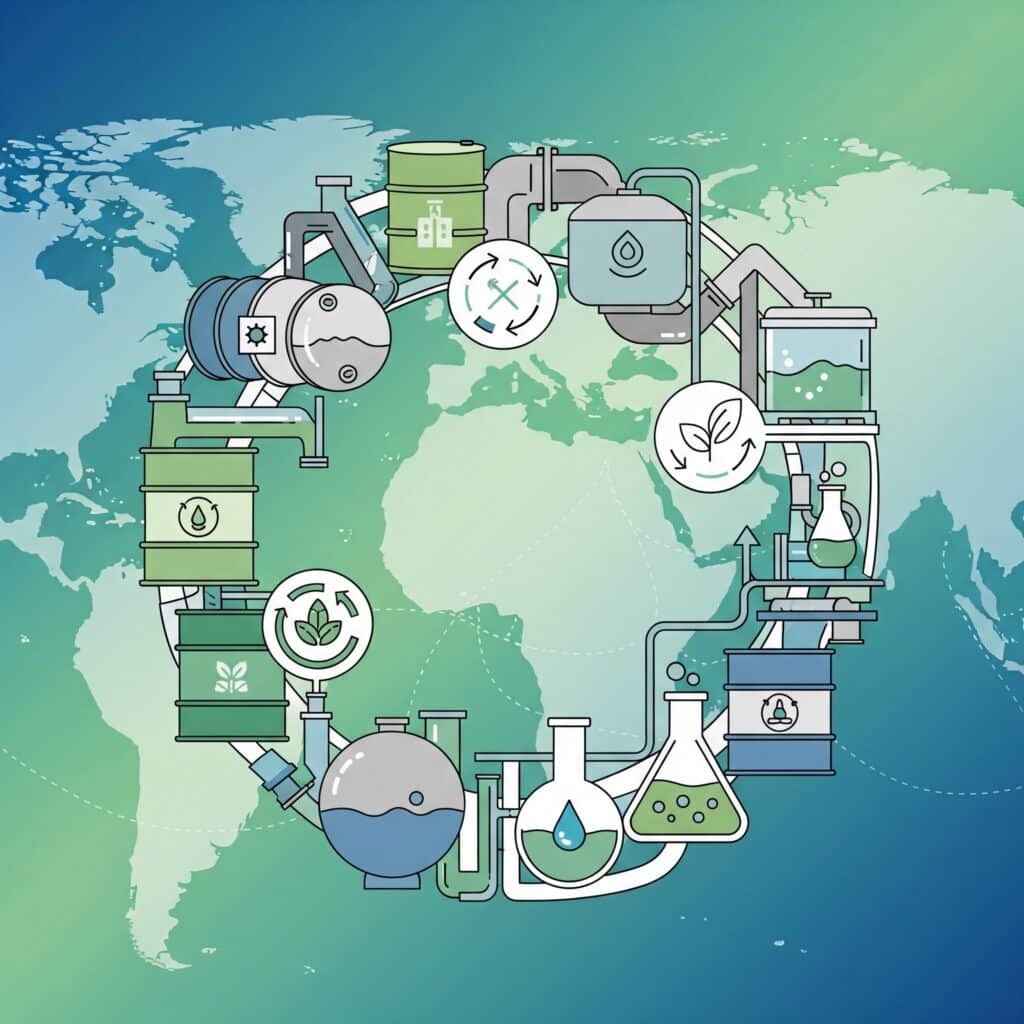Unlock the Value of Gluconic Acid in the Food and Industrial Sectors
Gluconic Acid is a versatile organic acid recognized for its use as a food additive and industrial specialty chemical. Characterized by its mild acidity, it serves as an effective acidity regulator, preservative, and chelating agent. With its surplus inventory often accumulating over time due to changing production demands, companies have a unique opportunity to maximize the value of this chemical by tapping into new markets and applications.
Gluconic Acid Surplus Trading for Food & Industrial Sectors: Optimize Your Inventory
Trading surplus chemicals like Gluconic Acid not only aids in cost recovery and efficient storage management but also supports sustainable environmental practices. By buying and selling this surplus chemical, manufacturers and distributors can avoid the high costs associated with chemical disposal and stringent regulatory measures. Ultimately, companies can convert idle inventory into a profitable resource, reduce waste, and enhance their overall sustainability profile.
Gluconic Acid in the Food & Industrial Sector
For buyers, sourcing surplus Gluconic Acid offers significant cost savings and consistent quality for production needs. It ensures a reliable supply for food processing and industrial applications, while also aligning with sustainability goals and reduced waste.
Sellers of surplus Gluconic Acid benefit by freeing up valuable storage space, reducing disposal costs, and turning unused inventory into a revenue stream. This approach not only recovers costs but also contributes to a greener, more sustainable operation by minimizing chemical waste.
Table of Contents
Transforming Surplus into Success: A Gluconic Acid Case Study
In one inspiring case study, a large food processing company found itself with a considerable surplus of Gluconic Acid due to shifts in production lines. Rather than facing high disposal costs, the company listed its excess inventory on a surplus trading platform. This strategic move not only recouped costs but also enabled a smaller industrial manufacturer to procure the chemical at a competitive price. As a result, the buyer maintained production without interruption while the seller optimized storage space and contributed to a more sustainable industrial practice. The win-win scenario demonstrated how effective surplus management can lead to financial gains, reduced waste, and a more environmentally friendly operation.
























